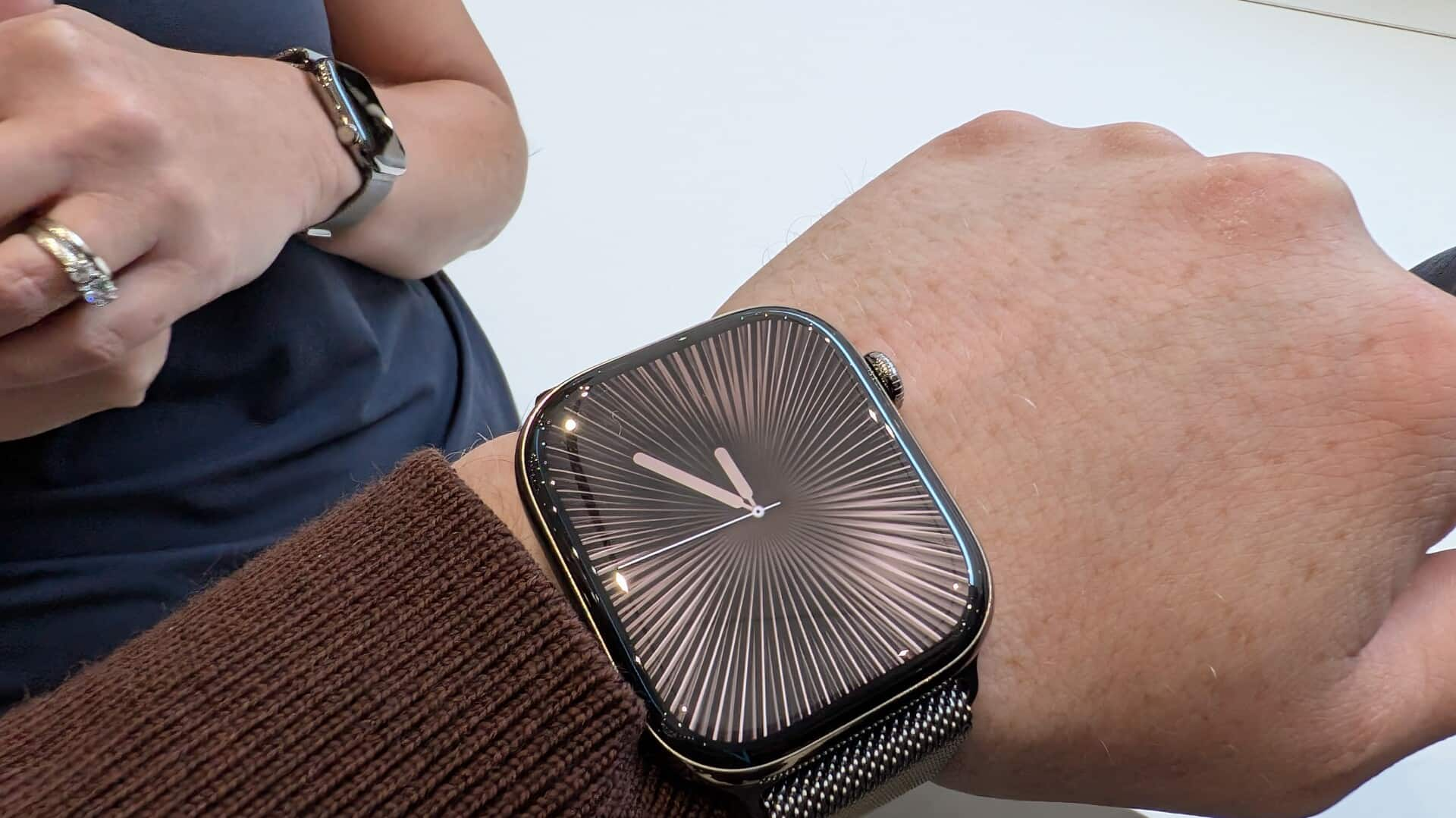
Apple Watch's sleep apnea detection feature gets FDA approval
What's the story
The US Food and Drug Administration (FDA) has given its approval for the sleep apnea detection feature, on the Apple Watch Series 9, Series 10, and Watch Ultra 2. This announcement comes just four days before the scheduled launch of the Series 10 on September 20. The new feature was unveiled at last week's 'It's Glowtime' event by Apple, and will be incorporated into the upcoming watchOS 11.
Functionality
How does the feature work?
The sleep apnea detection feature on Apple Watch requires 10 nights of sleep tracking data, spread over a 30-day period to assess if a user may have the condition. It also provides insights into nightly sleeping disturbances using the built-in accelerometer. The FDA categorizes this feature as an "over-the-counter device to assess risk of sleep apnea." However, Apple has clarified that it is not intended for diagnosis but to encourage users to seek professional medical advice.
Health impact
A common but serious sleep disorder
Sleep apnea is a common but serious sleep disorder that causes breathing to become shallower, or repeatedly stop during the night. It is associated with various symptoms including headaches, insomnia, daytime sleepiness and other long-term conditions. The Mayo Clinic highlights that this condition can lead to more severe health issues if left untreated.
Market competition
Apple not the 1st to offer sleep apnea detection
Apple is not the first tech company to introduce a sleep apnea detection feature in its devices. Withings has been offering this feature for some time now, and Samsung received FDA approval for its Galaxy Watch line earlier this year. The introduction of this feature in Apple Watch models comes as another health monitoring tool - blood oxygen detection - has been disabled on Apple Watches in the US due to an ongoing patent dispute.